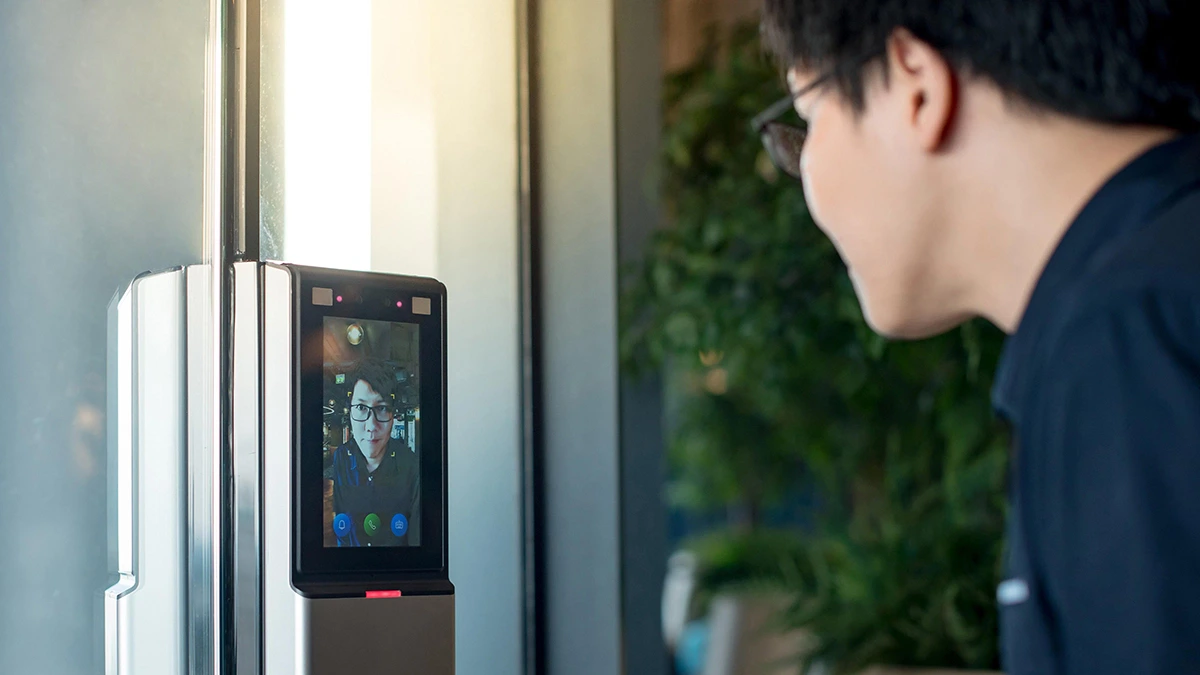
The Covid-19 pandemic battered the hotel industry, but it has also brought the need for automation and contactless service in the industry. Ever since the vaccinations gained momentum, the tourism space started picking up pace. It is expected that the industry will witness strong growth in the near future.
The success of a hotel depends on how well it can manage and utilize its inventory. The hotels have started entertaining guests by giving them rooms on an hourly basis, which has opened a new revenue vertical. But this also means that the footfall at the concerned hotel will go up dramatically. One thing that can ease the burden of the incumbent staff is check-in through facial recognition technology. It will help the guests to unlock rooms and get inside without the help of the staff. The housekeeping staff can also be similarly granted access to the rooms to clean it and prepare it for the next user. Likewise, pod hotels that are being deployed at tourist hubs and transport hubs can benefit from the same.
It has the potential to bring down the operating costs of the hotel. It will make them more competitive in the industry. Also, the guest will be free from the hassle of carrying keys or entry cards with which we have struggled at some point or the other.
But it will also raise concerns regarding privacy and data security. It is expected that the legislation will be able to address such concerns. The allied industry in the technology space is already innovating to improve cyber security solutions.
The data gathered through such an interface can be quickly used to determine the demographics and age group of the arriving guests and can be churned to target various consumer segments better. This will help increase tourist footfalls which can start a virtuous cycle of economic growth for the region.
It will also help maintain a reliable database of visitors that can be shared with the law enforcement authorities, who are empowered to summon the same under various provisions of the law. It will also help the government manage internal security; a case in point is that of David Coleman Headly, a Pakistan born American citizen who made several trips to India and conducted surveillance of sites attacked during 26/11. His unusual travel itinerary could not be detected because there was no system in place which could alert the authorities regarding his suspicious movement.
The rate at which tourism is growing in the social media age makes it imperative to implement such faceless systems so that full economic advantage can be taken by nation-states and destinations that rely heavily on tourism to earn their forex. Countries and organizations enabling such systems will gain an edge over their competitors. They will be able to attract more capital and people.

















































We will verify and publish your comment soon.